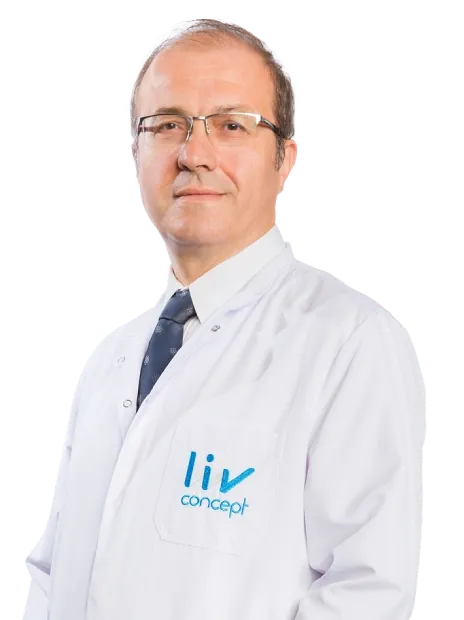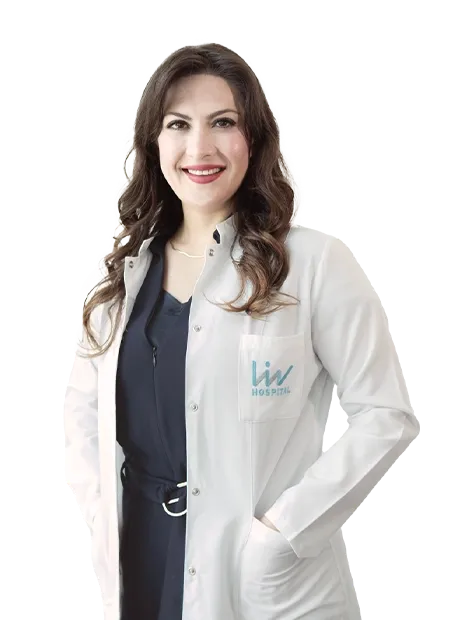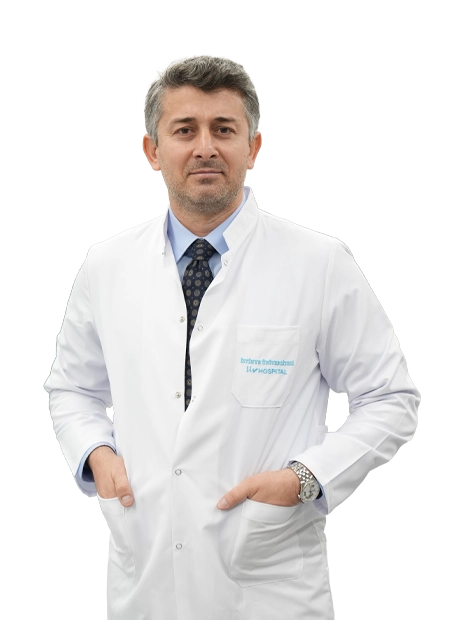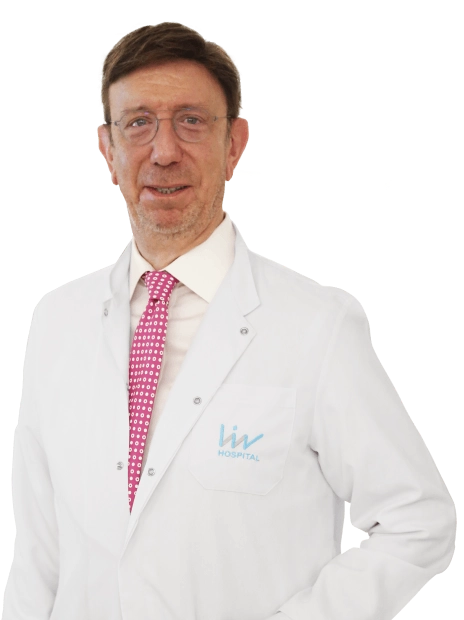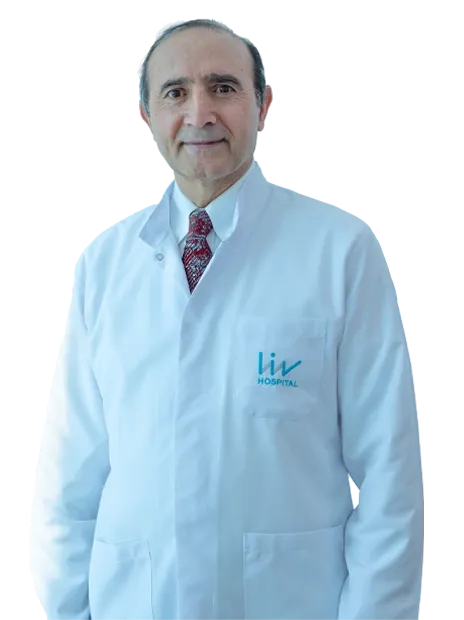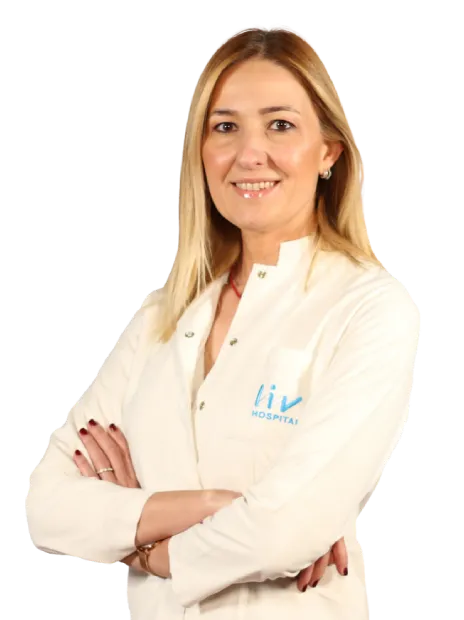Stem cells are the body’s raw materials. They can grow into many different cell types. Recent studies show that some herbs can boost stem cell production. This could lead to better health.
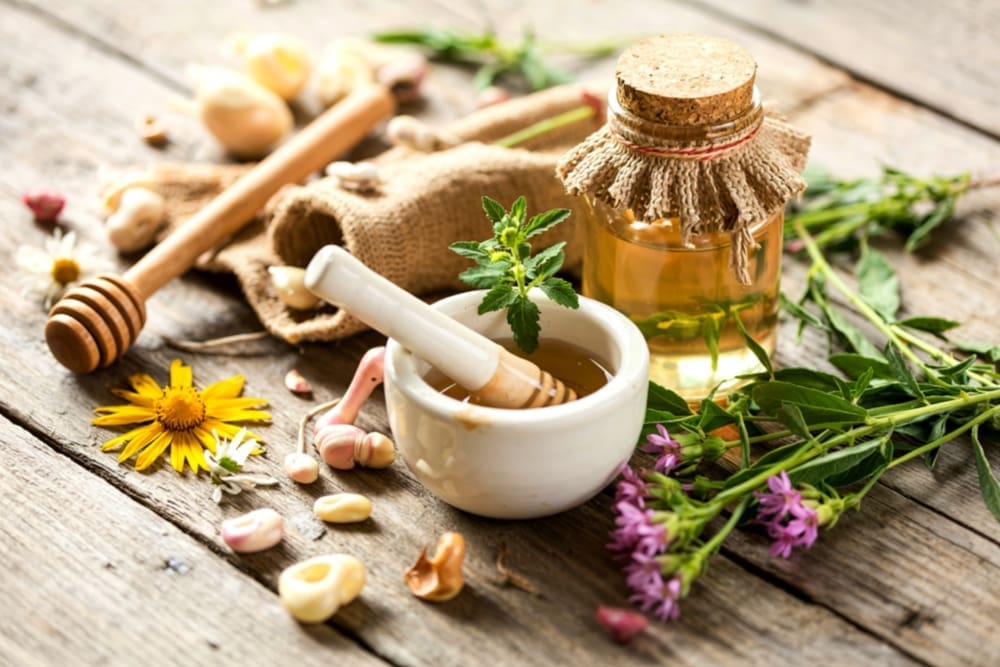
A study found that a certain herbal extract can significantly enhance stem cell proliferation. This discovery is exciting for natural health therapies.
It’s important to know how to naturally support stem cell health. These cells are key for healing and regeneration. Adding specific stem cell foods and herbs to your diet can help your overall well-being.
Key Takeaways
- Certain herbs have been shown to boost stem cell production.
- Stem cells are vital for health and regeneration.
- Adding specific herbs and foods to your diet supports stem cell health.
- Natural therapies may increase stem cell growth.
- Eating a healthy diet rich in stem cell-supporting nutrients is key.
Understanding Stem Cells and Their Importance
Stem cells are at the heart of human health and healing. They can turn into different types of cells. This ability helps the body repair and grow tissues.
What Are Stem Cells?
Stem cells are undifferentiated cells that can become many types of cells in the body. They are key for growth, fixing tissues, and keeping the body healthy.
The Role of Stem Cells in Health and Healing
Stem cells mainly help by regenerating damaged tissues and keeping tissues balanced. They do this by turning into specific cells, like nerve or muscle cells, when needed.
Types of Stem Cells in the Human Body
There are many types of stem cells in humans, including:
- Embryonic stem cells, which come from embryos and can turn into any cell type.
- Adult stem cells, or somatic stem cells, found in adult tissues. They help repair and grow tissues.
- Induced pluripotent stem cells (iPSCs), made in labs by changing adult cells to become many types of cells.
Knowing about these stem cells and their roles is key to understanding their importance in health and disease.
The Science Behind Stem Cell Regeneration
Stem cell regeneration is key to fixing and refreshing our bodies. It’s a complex process that depends on many things. These include our genes, how we live, and what we eat.
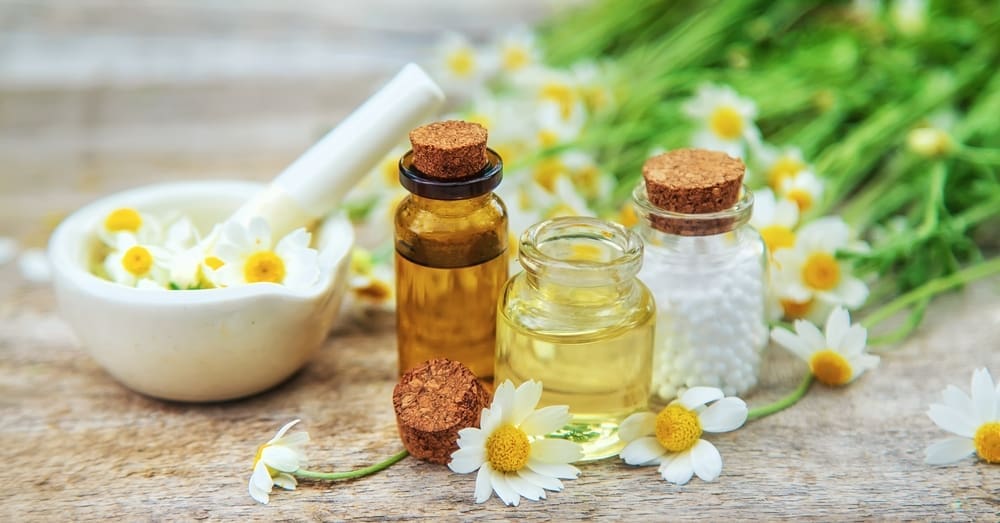
How Stem Cells Regenerate
Stem cells can turn into different types of cells. This helps fix and grow tissues. They start by getting activated, then they grow and change into the needed cells.
The whole process is controlled by many signals. These signals come from the body’s environment. Knowing how these signals work is important for keeping stem cells healthy.
Factors That Influence Stem Cell Production
Many things can change how many stem cells we have. Getting older is one of them. It makes our stem cells fewer and less active.
- Our lifestyle, like diet and exercise, affects stem cells too.
- Being around toxins can harm stem cells.
- Some health issues and treatments can also change stem cell numbers.
The Connection Between Diet and Stem Cell Function
What we eat is very important for our stem cells. Foods and drinks with good stuff in them help our stem cells work better.
Eating lots of fruits, veggies, whole grains, and lean meats is good. These foods give our stem cells what they need. Some foods and supplements can really help our stem cells.
How Herbs Can Influence Stem Cell Activity
Herbs contain bioactive compounds that affect stem cells. For centuries, herbs have been used in traditional medicine. Now, science is exploring how they support stem cell health.
Bioactive Compounds in Herbs
Herbs have many bioactive compounds like flavonoids and terpenes. Curcumin in turmeric boosts stem cell growth and development. These compounds work together to help stem cells stay healthy.
Some important compounds include:
- Ginsenosides in ginseng, known for their adaptogenic properties.
- Curcumin in turmeric, which has potent anti-inflammatory effects.
- Berberine found in goldenseal and Oregon grape, known for its antimicrobial properties.
Mechanisms of Herbal Support for Stem Cells
Herbal compounds help stem cells in several ways. They can make stem cells grow more, help them develop, and protect them from damage. Some herbs may also turn on important pathways for stem cell health.
The ways herbs help stem cells include:
- Antioxidant activity, reducing oxidative stress.
- Modulation of signaling pathways critical for stem cell function.
- Enhancement of stem cell proliferation and differentiation.
Research on Herbal Compounds and Stem Cells
Recent studies have shown how herbal compounds affect stem cells. They found that some herbal extracts boost stem cell regeneration and tissue repair. For example, ashwagandha research suggests it can regulate stem cell activity.
Some key findings are:
| Herb | Key Compound | Effect on Stem Cells |
| Turmeric | Curcumin | Enhances proliferation and differentiation |
| Ginseng | Ginsenosides | Supports stem cell health and function |
| Ashwagandha | Withanolides | Regulates stem cell activity |
Herbs That Increase Stem Cells: A Guide
For centuries, herbs have been used to support stem cell health. This mix of old knowledge and new science shows how far we’ve come. Ancient practices guide today’s research into these natural remedies.
Traditional Knowledge vs. Modern Research
Traditional medicine has always used herbs to boost health and cell regeneration. Many cultures have used these remedies for their body’s needs. Now, science is backing up these old practices, finding compounds in herbs that help stem cells.
Key Herbs:
- Astragalus – Known for its ability to boost stem cell production.
- Ginseng – Used for its health benefits and energy.
- Turmeric – Has curcumin, studied for its anti-inflammatory effects.
Today, we’re learning how these herbs affect stem cells. Research has found compounds that help stem cells grow and change.
How Herbs Support Different Types of Stem Cells
Herbs can affect different stem cells in different ways. For example, some herbs might help bone marrow stem cells, while others might help brain stem cells.
Examples include:
- Gotu Kola – May help brain stem cells.
- Green Tea – Has catechins that protect stem cells.
- Holy Basil – Its adaptogenic properties may help with stress, supporting stem cells.
Safety Considerations When Using Herbs
Herbs can be beneficial, but safety is key. Quality can vary a lot, depending on who makes the supplement and where they get the herbs.
Precautions:
- Always talk to a healthcare professional before starting herbs.
- Watch for allergic reactions or drug interactions.
- Make sure the supplements are high quality and pure.
Ginger: A Powerful Stem Cell Activator
Ginger is getting more attention for its role in activating stem cells. It’s packed with bioactive compounds. For centuries, ginger has been used in traditional medicine. Now, modern research is exploring its impact on stem cells.
Bioactive Compounds in Ginger
Ginger has compounds like gingerols, shogaols, and paradols. These give ginger its medicinal powers. They help fight inflammation, act as antioxidants, and might even affect stem cells.
6-gingerol is the most studied compound in ginger. It shows strong biological effects. Ongoing research suggests it’s key to ginger’s support for stem cell health.
Research on Ginger and Stem Cell Proliferation
Studies on ginger and stem cells show promising results. Ginger extracts seem to boost stem cell growth and help them change into different types of cells. This could aid in fixing damaged tissues and regrowing them.
A study in a well-known journal showed ginger extract helps grow mesenchymal stem cells. This is good news for regenerative medicine.
| Compound | Effect on Stem Cells | Potential Benefits |
| 6-Gingerol | Enhances proliferation | Tissue repair, regeneration |
| Shogaols | Modulates differentiation | Cellular regeneration, potentially anti-aging |
| Paradols | Antioxidant effects | Protects stem cells from oxidative stress |
How to Incorporate Ginger Into Your Diet
Adding ginger to your diet is easy and good for you. You can eat it fresh, dry it, or take supplements. Making ginger tea or adding fresh ginger to meals is a simple way to include it in your daily life.
If you want stronger benefits, ginger supplements are an option. But, always talk to a healthcare professional before starting any new supplement.
Turmeric and Curcumin: Anti-inflammatory Support for Stem Cells
Turmeric is a spice found in many kitchens. It has been used for centuries in traditional medicine. Its active compound, curcumin, is known for its anti-inflammatory effects on stem cells. Research is growing on how turmeric and curcumin support stem cell health.
Curcumin’s Effect on Stem Cell Signaling
Curcumin affects stem cell signaling pathways. This can improve stem cell growth and differentiation. The anti-inflammatory properties of curcumin help stem cells thrive.
Curcumin interacts with many cellular pathways. For example, it affects the Wnt/β-catenin pathway. This interaction shows curcumin’s role in supporting stem cell health by creating a balanced environment.
Research Studies on Turmeric and Stem Cells
Many studies have looked into turmeric and curcumin’s effects on stem cells. They show curcumin can improve stem cell survival and function. Clinical trials and preclinical studies support turmeric and curcumin’s benefits in healing and neuroprotection.
- Curcumin helps stem cells migrate and home, important for repair.
- Its antioxidant properties protect stem cells from damage.
- Curcumin’s anti-inflammatory effects support stem cell function.
Optimal Ways to Consume Turmeric
To get the most from turmeric and curcumin, it’s important to consume them right. Adding turmeric to a fatty meal or black pepper boosts curcumin’s absorption. This makes its benefits more effective.
You can add turmeric to your diet in many ways. It can be a spice, a supplement, or in golden milk. Choose a method that fits your lifestyle for consistent intake.
Ginseng: Traditional Remedy for Cellular Regeneration
Ginseng is a herb with a long history in traditional medicine. It’s known for boosting cellular regeneration. For centuries, cultures have used ginseng to increase vitality and support health. Its role in stem cell activity has caught the eye of researchers.
Types of Ginseng and Their Effects
There are many types of ginseng, like Asian ginseng (Panax ginseng) and American ginseng (Panax quinquefolius). Each type has its own effects on the body.
Asian ginseng is linked to more energy and vitality. American ginseng, on the other hand, is thought to calm the body.
Ginsenosides and Stem Cell Activation
Ginsenosides, found in ginseng, are believed to cause its healing effects. They might help activate stem cells. Studies suggest ginsenosides can boost stem cell growth and change.
Recommended Dosage and Preparation
The right amount of ginseng varies by type and how it’s prepared. A common dose is 400 to 800 mg daily. Always talk to a healthcare expert before starting ginseng supplements.
| Type of Ginseng | Typical Dosage | Notable Effects |
| Asian Ginseng | 400 mg | Energy enhancement, improved vitality |
| American Ginseng | 500 mg | Calming effect, antioxidant properties |
| Siberian Ginseng | 600 mg | Adaptogenic properties, stress relief |
Astragalus: Boosting Stem Cell Production
Astragalus is known for boosting stem cell production. It’s a plant used in traditional Chinese medicine. Recent studies show it has promising effects on stem cells.
Telomerase Activity
Astragalus affects telomerase activity, an enzyme that keeps telomeres long. Telomeres protect our chromosomes and shorten with age. Astragalus helps keep them long, slowing aging and supporting stem cells.
Research has shown Astragalus compounds activate telomerase. This helps preserve stem cells. Stem cells are key for repairing and regenerating tissues.
Scientific Evidence for Stem Cell Enhancement
Studies have looked into Astragalus’s effects on stem cells. In vitro and in vivo experiments show it boosts stem cell growth and differentiation. This makes Astragalus a promising support for regenerative medicine.
| Study | Findings |
| In vitro study on Astragalus extract | Increased stem cell proliferation |
| In vivo study on mice | Enhanced stem cell differentiation |
How to Use Astragalus Supplements
Choosing high-quality Astragalus supplements is key for stem cell support. Look for products with specific percentages of active compounds, like astragalosides.
The usual dose is 500 mg to 2000 mg daily. Always talk to a healthcare professional before starting any supplement.
Green Tea and EGCG: Cellular Protection and Regeneration
Green tea, rich in EGCG, protects and regenerates cells. It has been a health staple for centuries. Recent studies show it supports stem cell health.
Catechins and Their Effect on Stem Cells
Green tea is packed with catechins, antioxidants that protect stem cells. EGCG (Epigallocatechin gallate) is the most studied catechin. It boosts stem cell function by protecting cells and reducing stress.
Catechins work in many ways to help stem cells. They:
- Act as antioxidants to reduce damage to stem cells.
- Have anti-inflammatory effects to protect stem cells from harm.
- Regulate important pathways for stem cell maintenance and growth.
Research on Green Tea and Stem Cell Function
Studies have looked into green tea and EGCG’s effects on stem cells. In vitro and in vivo research shows green tea extracts and EGCG boost stem cell growth and differentiation. For example, EGCG helps neural stem cells survive and become neurons.
Green tea also protects stem cells from stress like oxidative stress and inflammation. This is key for keeping stem cells healthy and functional. They are essential for repairing and regenerating tissues.
Daily Green Tea Consumption Guidelines
To benefit stem cell health, drink 2-3 cups of green tea daily. This amount ensures enough EGCG and catechins.
If you prefer a stronger dose, consider green tea extract or EGCG supplements. But always talk to a healthcare professional before starting any supplements.
Holy Basil (Tulsi): Adaptogenic Support for Stem Cells
Holy basil, also known as tulsi, is a key herb in Ayurvedic medicine. It’s known for helping the body handle stress. This makes it great for supporting stem cell health and overall well-being.
Adaptogenic Properties and Stem Cell Health
Holy basil has bioactive compounds like eugenol and ursolic acid. These help reduce stress and inflammation. This creates a good environment for stem cells to work well.
“Adaptogens like holy basil help in maintaining the body’s homeostasis, which is essential for the optimal functioning of stem cells,” notes a study on adaptogenic herbs and their effects on cellular health.
Studies on Holy Basil and Cellular Regeneration
Research shows holy basil is good for cell regeneration. It can boost enzymes that protect cells and help stem cells stay healthy. For example, a study in the Journal of Ayurveda and Integrative Medicine found holy basil protects cells and helps them regenerate.
Ways to Include Holy Basil in Your Routine
It’s easy to add holy basil to your daily routine. Here are a few ways:
- Consume holy basil tea: Steep dried holy basil leaves in hot water to make a tea that can be enjoyed daily.
- Add to meals: Fresh or dried holy basil leaves can be added to various dishes for their flavor and nutritional benefits.
- Supplements: Holy basil is available in supplement form, including capsules and tinctures, which can be taken as directed.
By adding holy basil to your life, you can use its adaptogenic powers. This supports stem cell health and overall well-being.
Gotu Kola: Ancient Herb for Modern Stem Cell Support
Gotu Kola is an ancient herb used in Ayurvedic medicine. It’s now being studied for its role in supporting stem cells. This herb has been used for centuries to boost overall health and energy.
Triterpenoids and Their Effects on Stem Cells
The triterpenoids in Gotu Kola, like asiaticoside and madecassoside, are being researched. They might help stem cells grow and change, which is key for fixing and growing tissues.
Research on Gotu Kola and Neural Stem Cells
Studies indicate that Gotu Kola extracts could benefit neural stem cells. This could help with brain health and thinking skills. The triterpenoids in Gotu Kola might keep neural stem cells healthy, which is important for brain growth and flexibility.
Preparation and Dosage Recommendations
Gotu Kola comes in capsules, teas, and tinctures. The right amount to take can vary based on the form and your health needs. Generally, taking 500-1000 mg per day is seen as safe and helpful for stem cell support.
Adding Gotu Kola to your routine might help with stem cell support. But, it’s important to talk to a healthcare professional before starting it. This is true if you have health issues or are on medications.
Berberine-Containing Herbs: Goldenseal and Oregon Grape
Herbs like goldenseal and Oregon grape have berberine, which may help stem cells. Berberine is a natural compound found in plants. It might help with stem cell growth, according to research.
Mechanism of Action on Stem Cells
Berberine works on stem cells in several ways. It activates AMPK (AMP-activated protein kinase), which is key for cell energy. This could help stem cells grow and multiply.
Also, berberine modulates various signaling pathways, like the Wnt/β-catenin pathway. This pathway is vital for stem cell growth and change. Berberine might help keep stem cells healthy and able to regenerate.
Clinical Studies and Research Findings
Studies have looked into berberine’s effects on stem cells. They found that berberine:
- Helps mesenchymal stem cells grow more
- Encourages stem cells to become different types of cells
- Keeps stem cells safe from damage and inflammation
A study in the Journal of Ethnopharmacology showed berberine boosts stem cell numbers in mice. This suggests it could help increase stem cell production.
Safe Usage Guidelines for Berberine Herbs
While berberine herbs like goldenseal and Oregon grape may be good for stem cells, use them carefully. Here are some tips:
- Talk to a healthcare professional before taking berberine supplements, if you have health issues or take medications.
- Stick to the recommended doses to avoid stomach problems.
- Watch out for interactions with other herbs or supplements.
Knowing the benefits and safe use of berberine herbs helps people make smart choices. They can add these herbs to their stem cell support plan.
Additional Herbs With Stem Cell-Enhancing Properties
Exploring herbal supplements, we find ashwagandha, rhodiola rosea, and milk thistle. They are not as famous for stem cell benefits but show promise for health and cell growth.
Ashwagandha and Stem Cell Regulation
Ashwagandha is an adaptogenic herb from Ayurvedic medicine. It might help control stem cell activity. Studies say ashwagandha could fight stress that slows down stem cells, helping the body repair itself. Ashwagandha’s withanolides are key to its benefits.
Rhodiola Rosea for Stem Cell Protection
Rhodiola rosea is another adaptogenic herb. It might shield stem cells from harm. Research shows it could lower oxidative stress and inflammation, making it easier for stem cells to work. The rosavins and salidroside in rhodiola rosea are important for its stem cell protection.
“Rhodiola rosea has been shown to have antioxidant properties, which can help safeguard stem cells against oxidative damage.”
Milk Thistle and Liver Stem Cell Support
Milk thistle is good for the liver and might help liver stem cells too. Its active part, silymarin, could help the liver grow back and protect stem cells from toxins. This way, milk thistle indirectly helps stem cells overall.
- Milk thistle supports liver health through antioxidant and anti-inflammatory actions.
- Silymarin may help protect liver stem cells from damage caused by toxins.
- Liver health is key for the body’s function and stem cell activity.
These herbs give more choices for natural stem cell support. Always talk to a healthcare expert before trying them.
Creating an Effective Herbal Protocol for Stem Cell Support
To get the most out of herbs for stem cell health, a good plan is key. It’s about mixing herbs in the right way and knowing when to take them for best results.
Synergistic Herb Combinations
When you mix herbs together, they can work better than alone. For example, Turmeric and Ginger together boost anti-inflammatory effects. This helps stem cells grow and thrive.
| Herb Combination | Potential Benefits |
| Turmeric + Ginger | Enhanced anti-inflammatory effect |
| Ginseng + Astragalus | Improved stem cell activation and regeneration |
| Green Tea + Holy Basil | Antioxidant protection and adaptogenic support |
When mixing herbs, think about their active parts and how they work together. For instance, Green Tea‘s catechins and Holy Basil‘s adaptogenic effects offer both antioxidant benefits and stress relief.
Timing and Cycling of Herbal Supplements
When and how often you take herbal supplements matters a lot. Taking breaks from herbs can keep them working well and prevent them from becoming less effective over time.
- Cycle herbs based on their half-life and how long it takes for your body to adapt.
- Take herbs at certain times to match your body’s natural rhythms.
- Keep an eye on how you react and adjust your plan as needed.
By planning the timing and breaks in your herbal routine, you can make your stem cell support plan even stronger. This could lead to better results for your health.
Lifestyle Factors That Enhance Herbal Stem Cell Support
Lifestyle choices like exercise, sleep, and managing stress are key to getting the most from herbal stem cell support. Herbal supplements can boost stem cell production. But, a healthy lifestyle is essential for keeping stem cells working well.
Exercise and Stem Cell Mobilization
Exercise is a great way to get more stem cells moving. Studies show that regular workouts increase the number of stem cells in your blood. These cells then help fix damaged areas in your body.
There are many types of exercise that work well. Aerobic activities, weight training, and HIIT are all good for mobilizing stem cells.
| Type of Exercise | Effect on Stem Cells |
| Aerobic Exercise | Increases circulating stem cells |
| Resistance Training | Enhances muscle stem cell function |
| HIIT | Boosts stem cell mobilization and regeneration |
Sleep Quality and Stem Cell Regeneration
Sleep is vital for fixing and regenerating stem cells. When we sleep, our body repairs itself, including our stem cells. Not getting enough sleep can harm stem cell function.
It’s important to get enough sleep and take care of your sleep habits. This helps keep your stem cells healthy.
Stress Management for Optimal Stem Cell Function
Too much stress can hurt stem cell function. It can cause inflammation and damage to cells. Activities like meditation, yoga, or deep breathing can help reduce stress.
By managing stress, you create a better environment for stem cell growth. This is good for your overall health.
- Meditation: Reduces oxidative stress and inflammation
- Yoga: Enhances stem cell function through reduced stress
- Deep Breathing Exercises: Supports overall well-being and stem cell health
Adding these lifestyle habits to your daily routine can make herbal supplements for stem cell support more effective. This leads to better health and well-being.
Conclusion: Harnessing the Power of Herbs for Stem Cell Health
In this article, we’ve looked into herbs that help with stem cell health. We’ve seen how ginger, turmeric, ginseng, and astragalus can boost stem cell activity. These herbs are full of bioactive compounds, making them a natural way to help the body heal itself.
For stem cell health, it’s not just about herbs. Lifestyle choices matter too. Exercise, good sleep, and managing stress can help stem cells work better. Adding herbs to a healthy lifestyle can make a big difference in how well your body regenerates.
Using herbs for stem cell health is an exciting area in natural health. As scientists learn more about how herbs affect stem cells, we’ll see even more ways to support health. By adding herbs to a balanced lifestyle, people can take care of their health in a natural way.
FAQ
What are stem cells and why are they important for our health?
Stem cells can turn into different cell types. They help fix and grow tissues. They are key to our health and well-being.
How do herbs influence stem cell activity?
Herbs have compounds that boost stem cell production. These compounds help stem cells work better. They support stem cell health.
Which herbs are known to increase stem cells?
Herbs like ginger, turmeric, and ginseng boost stem cells. So do astragalus, green tea, holy basil, gotu kola, and berberine herbs like goldenseal and oregon grape.
How can I incorporate ginger into my diet to support stem cell health?
You can eat ginger fresh, dried, or as a supplement. Add it to meals, make tea, or take capsules. Aim for 250mg to 2g daily.
What is the recommended dosage for turmeric and curcumin supplements?
Take 500mg to 2g of turmeric or curcumin daily. Choose a high-quality supplement with bioavailable curcumin.
Can lifestyle factors like exercise and sleep affect stem cell health?
Yes, exercise, sleep, and managing stress help stem cells. Regular exercise, enough sleep, and stress control boost herbal supplements’ effects.
How can I create an effective herbal protocol for stem cell support?
Pick the right herbs and the best dosage. Think about how they work together. Cycle your supplements and watch how they affect you.
Are there any safety considerations when using herbs for stem cell support?
Yes, herbs can interact with medicines or cause allergies. Always talk to a healthcare professional before starting herbal supplements.
Can I drink stem cells or consume foods that contain stem cells?
Some foods may help stem cells, but eating stem cells directly doesn’t greatly impact health. A balanced diet and lifestyle are key for stem cell health.
What are some additional herbs that have stem cell-enhancing properties?
Herbs like ashwagandha, rhodiola rosea, and milk thistle also support stem cells. Use them with other herbs for a complete stem cell support plan.
How can I boost my stem cells naturally?
A healthy lifestyle is key. Eat well, exercise, sleep enough, and manage stress. Also, use herbs and supplements that support stem cells.
What are some cell regeneration foods that can support stem cell health?
Eat foods rich in antioxidants and omega-3s. Leafy greens, berries, fatty fish, and nuts are good choices.
Are there any supplements that can increase stem cell production?
Supplements with ginsenosides, curcumin, and berberine may help stem cells. But, always check with a healthcare professional before adding supplements.





